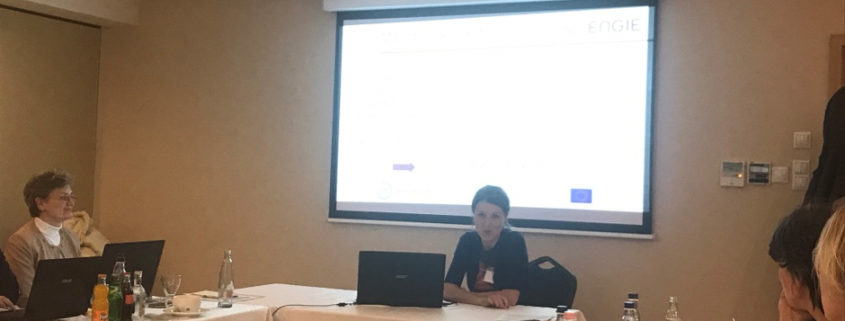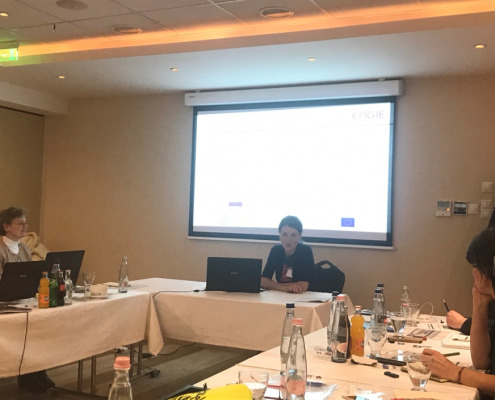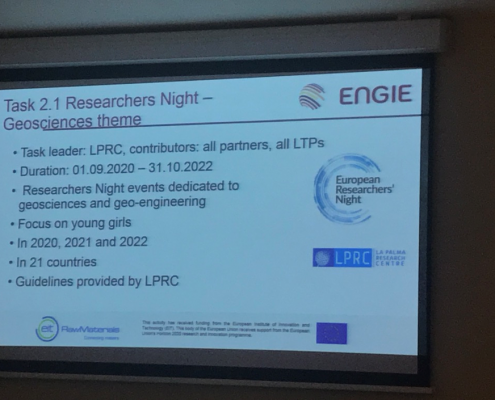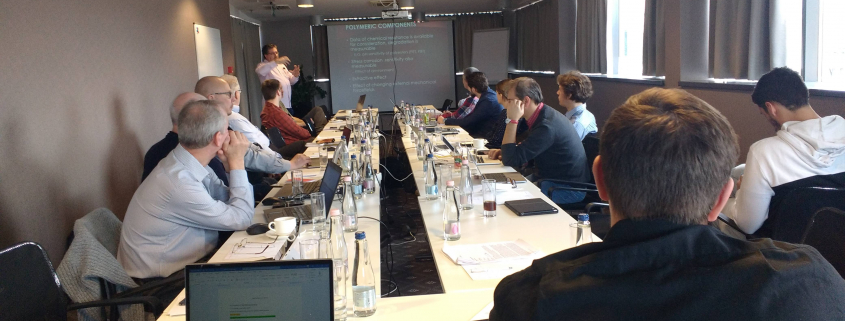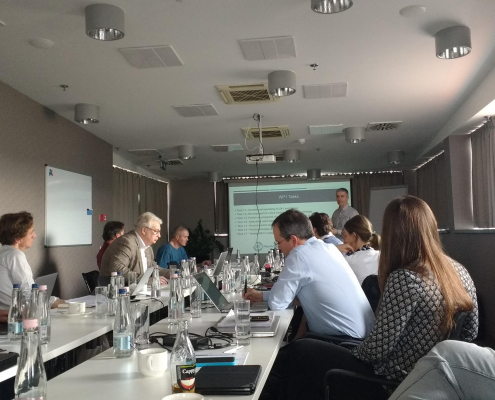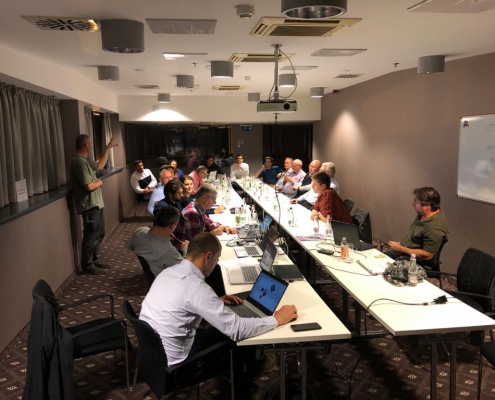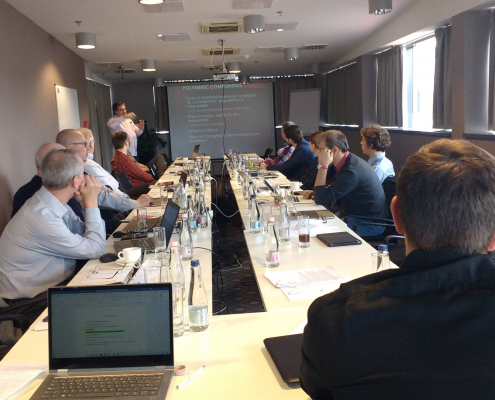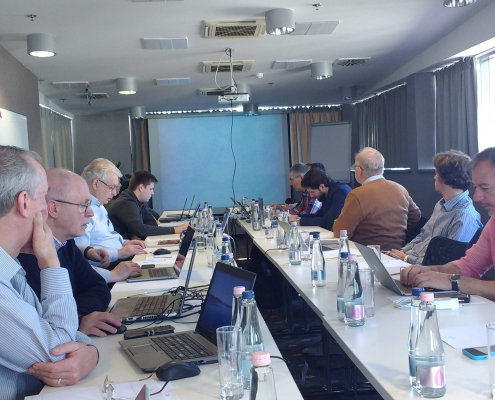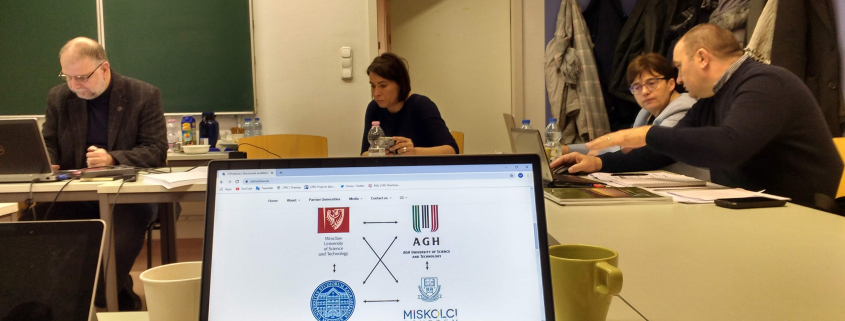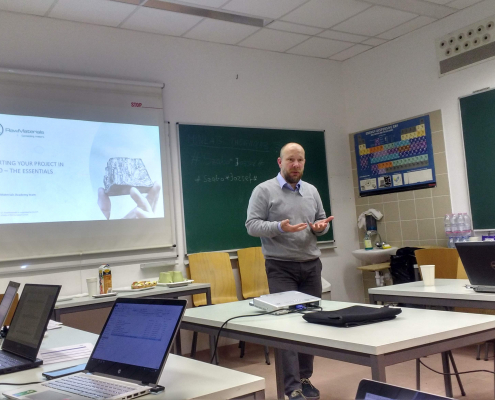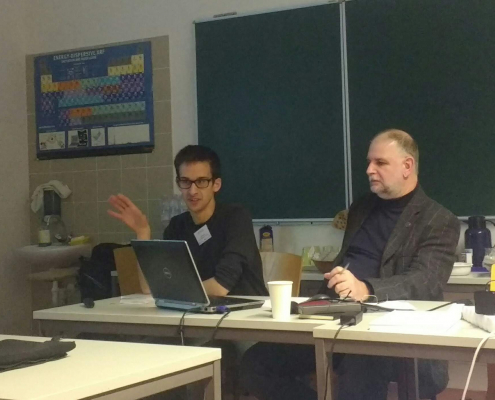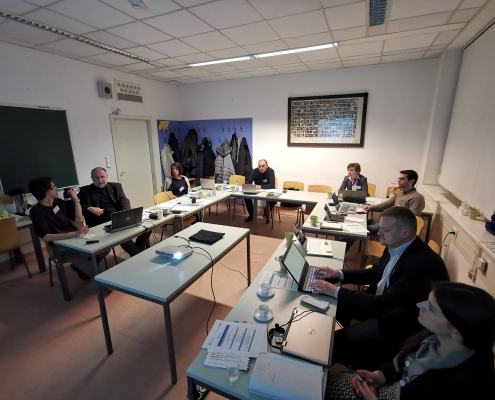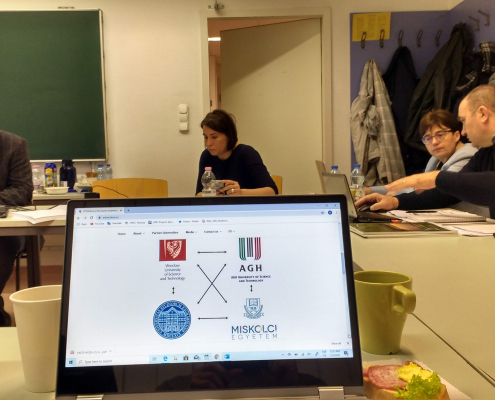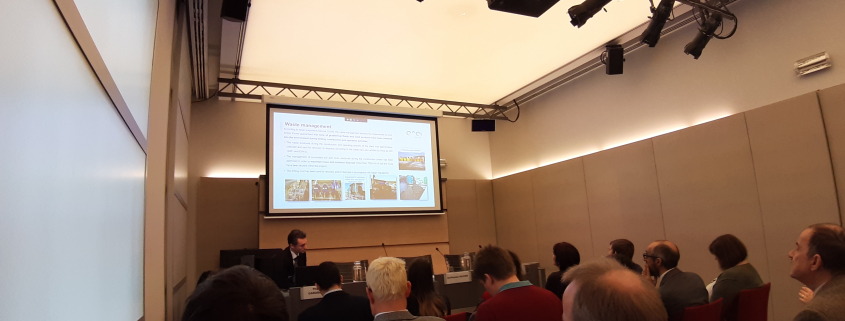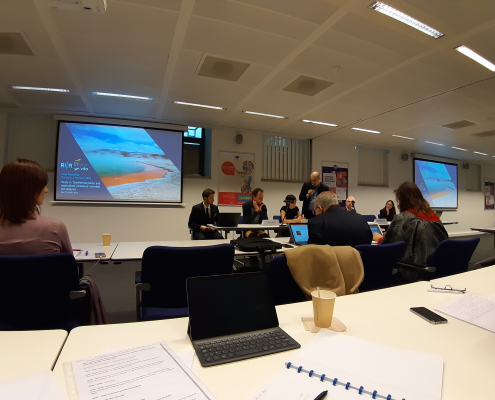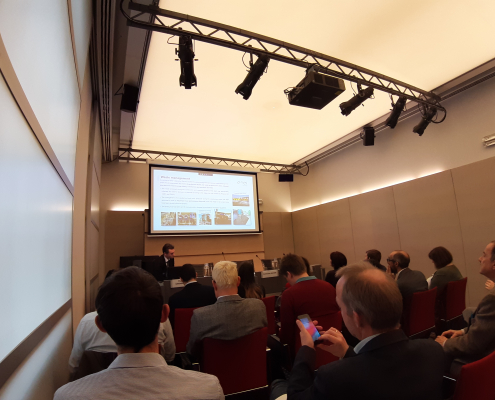ENGIE Kick-off, Miskolc
The ENGIE Consortium met for the kick-off of the EIT Raw Materials funded project hosted by the coordinator, the University of Miskolc. In representation of LPRC, Ariadna Ortega and Adrienn Cseko presented the tasks to be performed during the next two years. ENGIE will work to better integrate women in the STEM related sciences.
During the first day, the coordinators presented their vision of the project and the partners introduced their respective Work Packages, including Work Package 3 “Impact assessment and monitoring” which is led by LPRC and was presented by Adrienn Cseko. The last session of the day focused on the work to combine the Work Packages efforts and how to be more effective in the task distribution and communication among partners.
Then on the second day the detailed planning for Year 1 was discussed and agreed by the consortium, where Ariadna Ortega presented the task LPRC is responsible for, “Researchers Night- Geoscience Theme”, in which an activity performed by EFG’s Linked Third Parties throughout Europe is to be organized during the European Researchers Night. Said activity will focus on the role of women in geosciences.
The ENGIE project is funded by the EIT Raw Materials programme and aims to turn the interest of girls to study geosciences and geo-engineering, and thus to improve the gender balance in the fields of these disciplines. The project will develop an awareness-raising strategy and create a stakeholder collaboration network for the implementation of a set of actions in more than 20 EU countries. The project envisions attracting more young women to the raw materials related scientific and engineering sectors.

